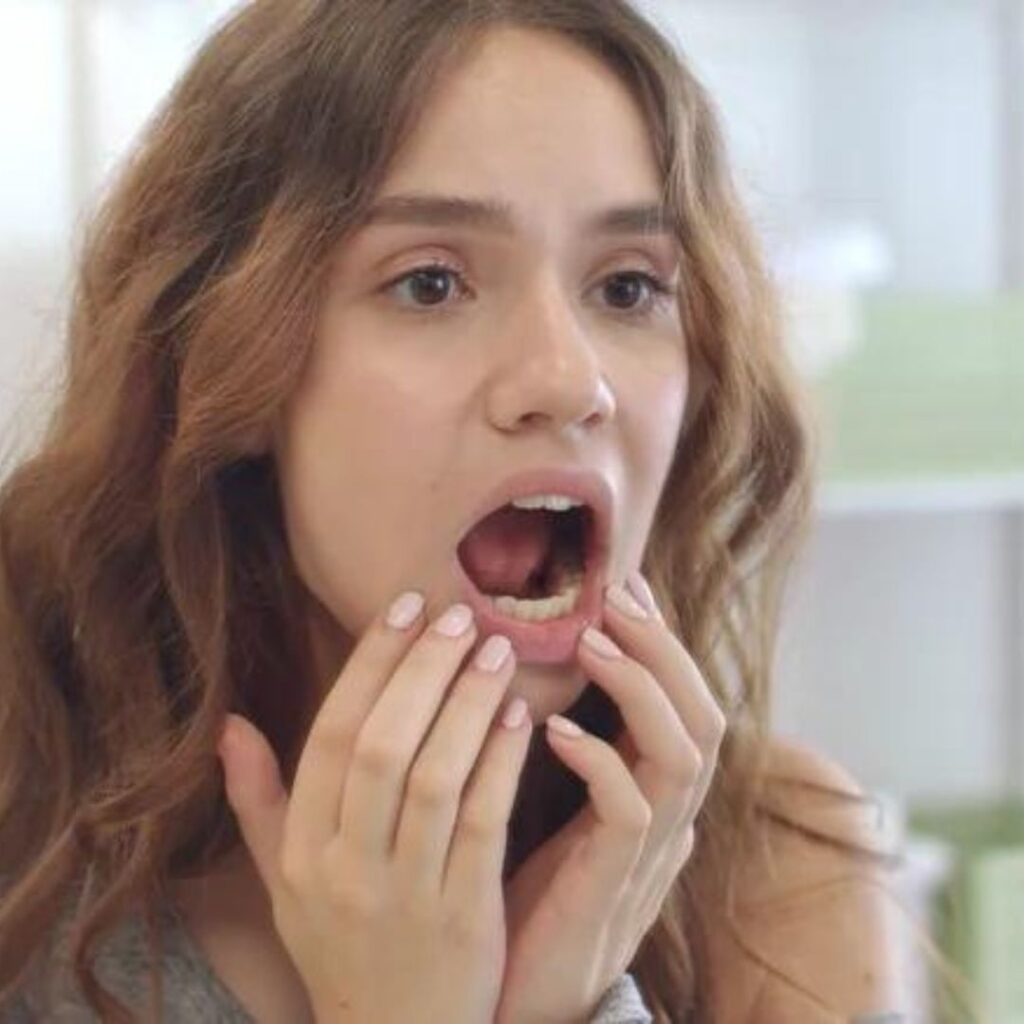Drinking Alcohol Affects Your Teeth

Alcohol is often included in many social activities, but we all know the effects of too much alcohol in one night. The headache, grogginess, and nausea are probably enough to make you give up alcohol for a short time (and perhaps even prevent you from drinking in excess again). After all, long-term heavy drinking can lead to liver and heart disease, certain cancers, a weakened immune system, and problems with learning and memory, according to the Centers for Disease Control and Prevention.
What’s often not talked about, though, is how alcohol can affect your dental health. Sure, you might notice your teeth turning purple after drinking red wine, but that’s just a short-term effect. According to Penn Dental Medicine, it’s not the alcohol itself that damages your teeth, but alcohol sets up a process within your mouth that can lead to tooth decay and gum disease. And even if you think you can hide your drinking behavior from others, your dentist knows how much you drink, according to Neosmile Dental Care. That’s because alcohol doesn’t just have a distinct smell; its dehydrating effect on your body also makes you produce less saliva. And less saliva means problems in your mouth.
Keeping Your Teeth Healthy While Drinking Alcohol
You can still maintain your oral health if you continue to have an occasional drink. Since a lot of alcoholic drinks have sugar, choose drinks that are lower in sugar, advises Golden State Dentistry. For example, choose chardonnay over Moscato, and pass on sugary mixers such as colas and syrups. Beer and wine have acids that can break down the enamel on your teeth, according to Penn Dental Medicine. You can help wash away this acid and keep a healthy amount of saliva in your mouth if you sip water between drinks.